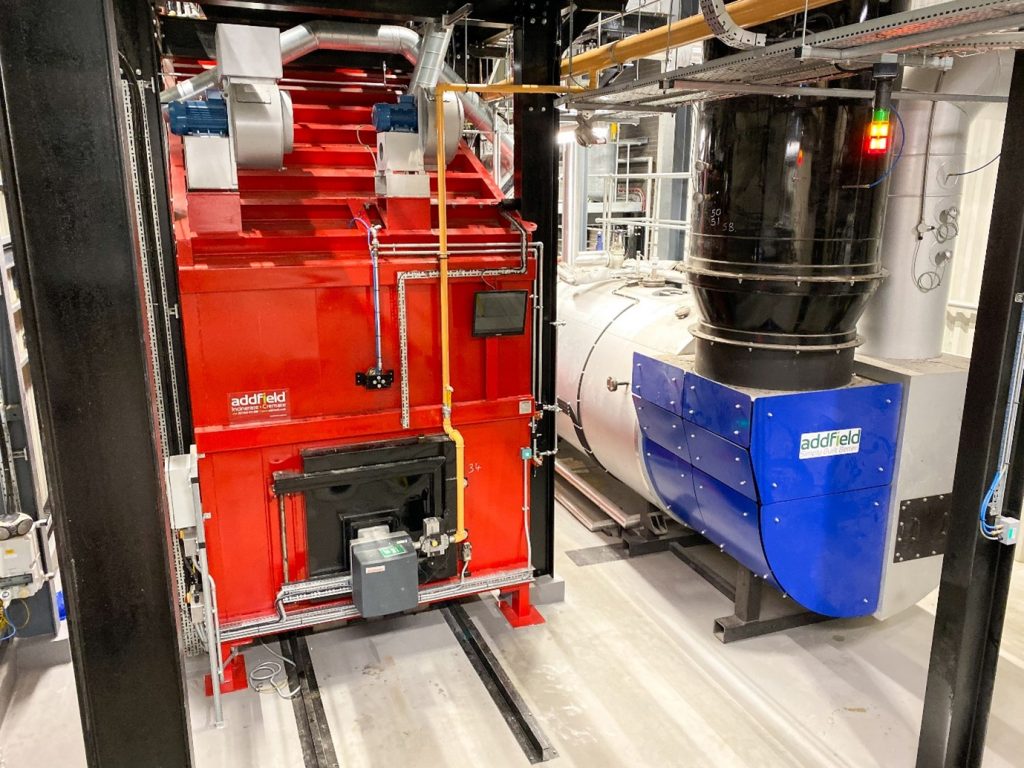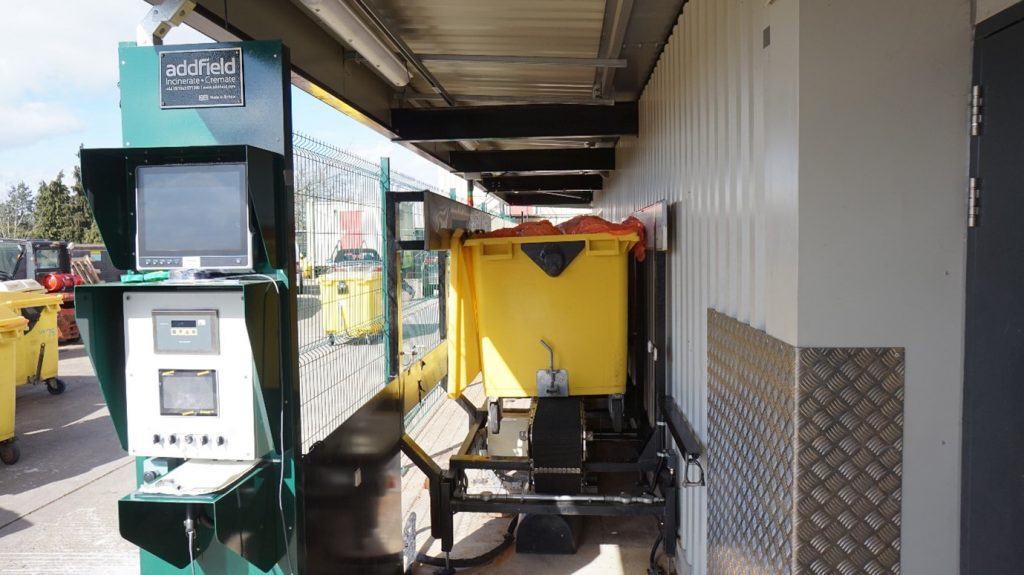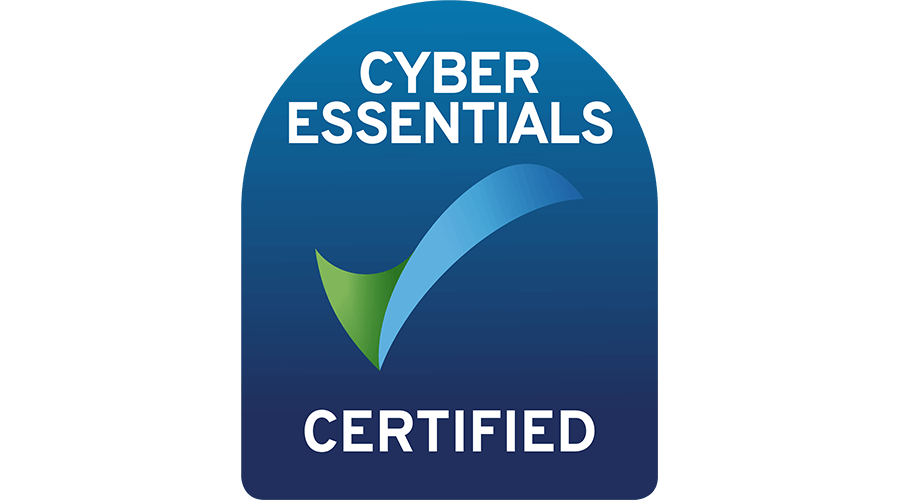GSM Barcoding have completed the development and Integration of a bespoke barcode tracking system, enabling The Royal Wolverhampton NHS Trust to track its incinerator waste for efficient and economical thermal treatment.

About the Client
The National Health Service (NHS) needs no introduction! Founded in 1948 as part of major social reforms following the Second World War, the principles of the service are that it is comprehensive, universal, and free at the point of delivery. The NHS is the biggest employer in the UK (and fifth biggest in the world!), with around 1.7 million employees and approximately 1,250 NHS hospitals across the UK.
The Problem
Clinical waste incineration is a vital part of NHS operations. The Royal Wolverhampton NHS Trust was looking to replace their ageing incinerator with a plant that improved efficiency and delivered greater environmental benefits.
The incinerator would need to handle all the clinical and medical waste generated by the hospital and utilise the waste heat from the incineration process. When offsetting the fossil-fuelled boilers previously used by the hospital, the incinerator creates clean, free, and green recovered energy. Part of the system needed a way to continuously monitor and confirm the amount of waste being loaded and processed by the machine.
The Solution
The team at GSM Barcoding developed an asset-management and waste quantity tracking system that enabled the operators to track the waste process. Graham McCarthy from GSM Barcoding explains how they helped build the solution:
“Addfield, the International leaders in incineration solutions, built the incinerator for this project, and called upon our team at GSM Barcoding to help develop a bespoke software system that allows internal NHS staff who collect waste, to record the location, type of waste, who collected it, and when.
Once collected, the waste is then taken to the plant, and the bins unloaded onto a conveyor. The bin’s barcodes are scanned, and it is weighed by a scale that has the bins integrated into it so their weight can be removed from the final calculation, leaving just the weight of the waste. The weight is recorded, and the bin is cleaned and dropped back at its ward for the next collection.
The data from the collection is passed to the incinerator, which now records the weight and type of waste that has been deposited, so before it even arrives it can automatically process how long to burn it for, depending on these variable factors.
Through the cloud server, the system can show the pickups and when the waste was processed. This is especially helpful in the current climate, with COVID-19 waste needing to be burned within 48 hours of pick up.”
As a total solution, GSM Barcoding provided the latest hardware technology including Honeywell EDA51 mobile devices for barcoding and recording the collection, with 3G SIM cards to be used on Wi-Fi or cellular – enabling mobile working for the team. For the incinerator loading, an ADS-tec terminal was connected to the weigh scales. The ADS-tec device with ease-of-use touch screen, IP rating and rugged build was selected for its ability to endure the external variable weather conditions.

The Results
By integrating a barcode scanning system into the incinerator system, GSM Barcoding created an asset management and tracking tool that has enabled the operator to track waste origins accurately.
The plant can now pre-prepare for incoming wastes and its content’s potential calorific value. This system means that the machine can automatically adjust the settings to deliver the most economical and efficient thermal treatment process possible to all incoming waste.
Due to the system continuously monitoring and confirming the amount of waste being loaded and processed, the system has reduced operator attendance and labour, making the day-to-day running of the plant more efficient. Derek Carr the Operations Director, Addfield Environmental Systems Ltd comments:
“At Addfield we pride ourselves on the quality of our installations. Robust, reliable and efficient is one of our key statements, which we build every machine to. As such, it was essential on such a prestigious and important project that we were able to align ourselves with suppliers and experts that operated along the same ethos. We are very happy with the results that we have received from the team at GSM Barcoding during the development, installation and operational phases of the project. We needed a barcoding system that would provide full traceability of the hospital’s own, and imported waste that was generated, and that is what GSM delivered, the results have genuinely spoken for themselves.”
If you would like to know more about our barcoding solutions, products and stock control software, and how our bespoke solutions can help your operations, don’t hesitate to contact us.


















